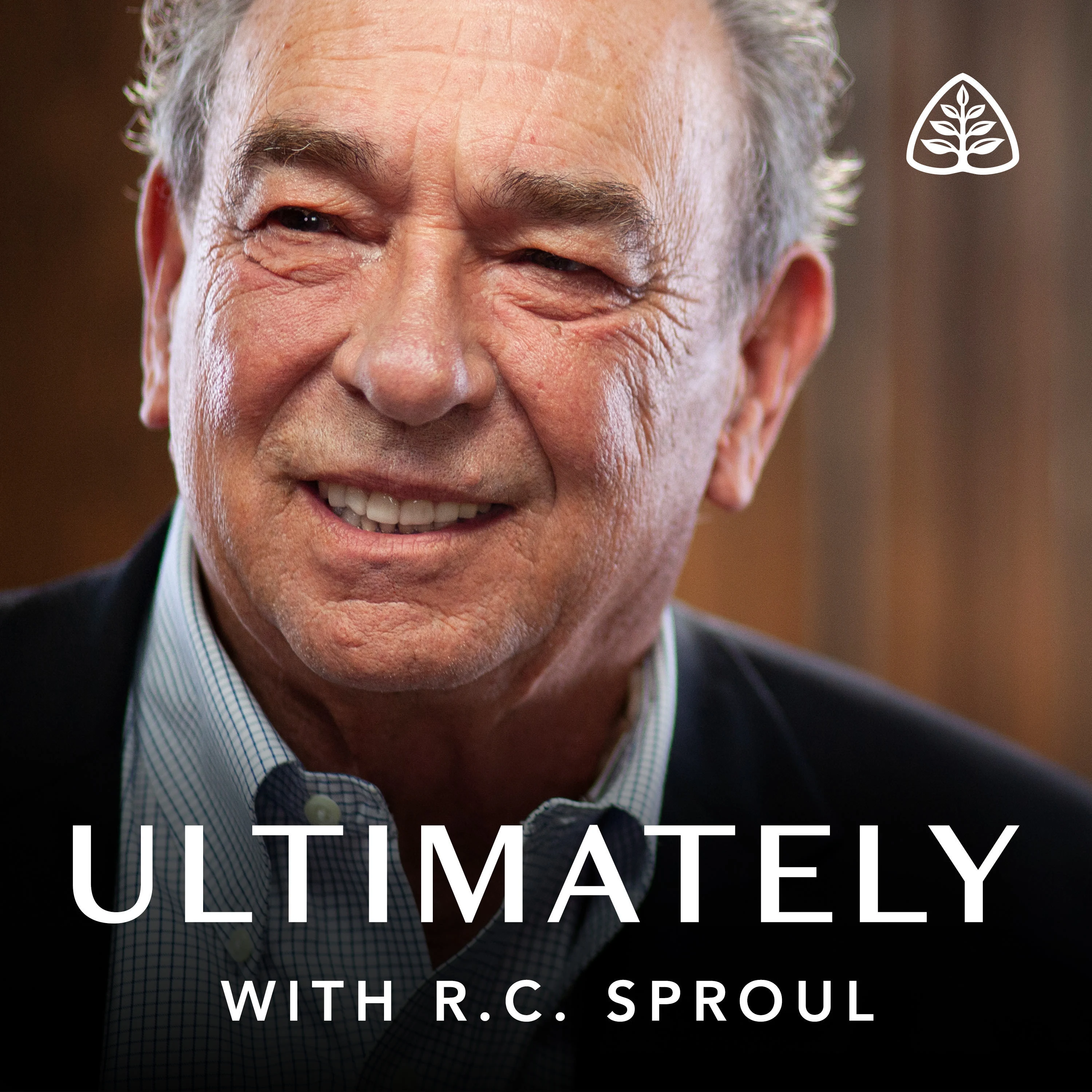Sovereign over Wickedness

If God were to allow us to exercise the full extent of our sinful capabilities, the destruction would be unimaginable. Today, R.C. Sproul discusses the ways in which God holds the balance of evil under His sovereign control.
God, in His government, in His providence, is at work every day keeping evil in check, keeping evil from becoming so intense and so widespread as to cause man’s own self-destruction. God keeps us in check. He restrains wickedness in men.
Now, there are different ways that He does that. Sometimes it’s through a simple method of checks and balances, where people can’t afford to let their wickedness go completely unchecked. We know that there are penalties for murder, there are penalties for theft, and so on. But there’s an old saying in our culture that power corrupts, and absolute power corrupts absolutely. You take a sinful person, whose heart is wicked continuously, and remove the restraints—What will you expect? You will expect unbridled wickedness.
When a person has absolute power in this world, that’s when we see the manifestation of untold measures of wickedness. Of course, no human being has ever really had total absolute power, but even as we approach that, we see the increasing levels of corruption. Adolf Hitler was answerable to no one within Germany. He had to answer to other national leaders on the field of battle, but the only restraint against him was the restraint that was marshaled by other world leaders in a military fashion, because in Germany, he was the Fuhrer. He could lead. He had the power to execute orders with a life and death penalty attached to those who disobeyed him.
So it was with Pharaoh. When Pharaoh was alive, he was the most powerful human being on the face of the earth. How hard is it for God to use Pharaoh’s wickedness, or to even increase Pharaoh’s wickedness? He doesn’t have to come in and do a surgical operation on his heart and breathe fresh evil into him. All He has to do to accelerate and to intensify the wickedness of Pharaoh is for God to remove the restraints and let Pharaoh have his way.
Now, that in itself is a judgment for sin, and it’s a kind of poetic justice, the kind that the Bible speaks of frequently. Even as the book of Revelation teaches us of the last judgment, there’s a sense in which it says, “Let him who is wicked be wicked still.” God removes the wraps. He takes away the cords. He removes the restraints, and He gives a person up to their own evil devices, all the while standing sovereign over it, allowing His purposes of redemption to come to pass through it, because no matter how powerful Pharaoh was, no matter how wicked his heart became, he could not overcome the purposes of God. God didn’t sin in Pharaoh. God didn’t sin through Pharaoh; Pharaoh sinned. Pharaoh did exactly what Pharaoh wanted to do, but even at that, he was fulfilling the providence of God.
Recent Episodes
No Such Thing as a Neutral Education
February 20, 2026|Education
We Must Obey God Rather than Men
February 18, 2026|Ethics
Trust God’s Promises, Not Your Passions
February 16, 2026|Life Issues
Why Humanism Fails
February 13, 2026|Opposing Worldviews
God Needs Nothing
February 11, 2026|The Nature of God
Since God Is Sovereign, Why Evangelize?
February 9, 2026|Evangelism and Missions
